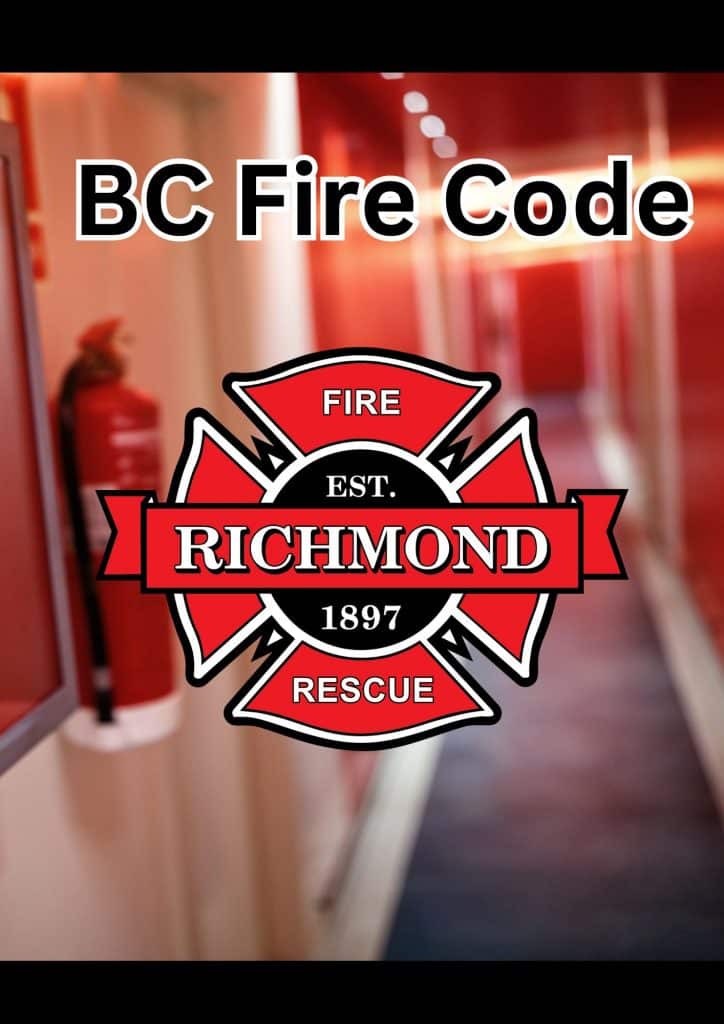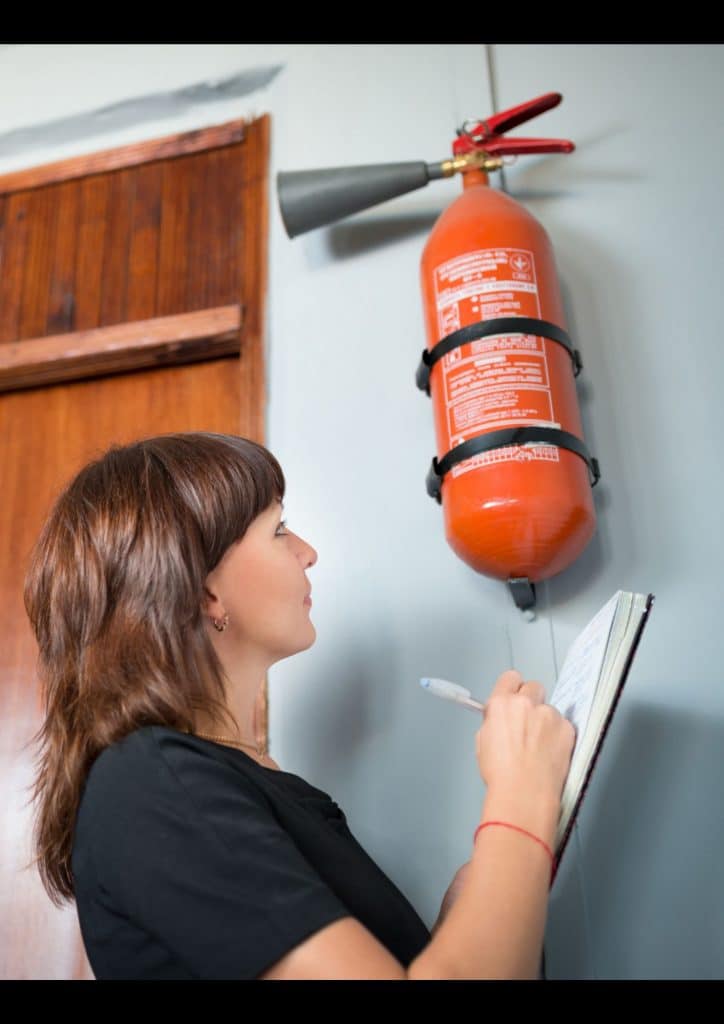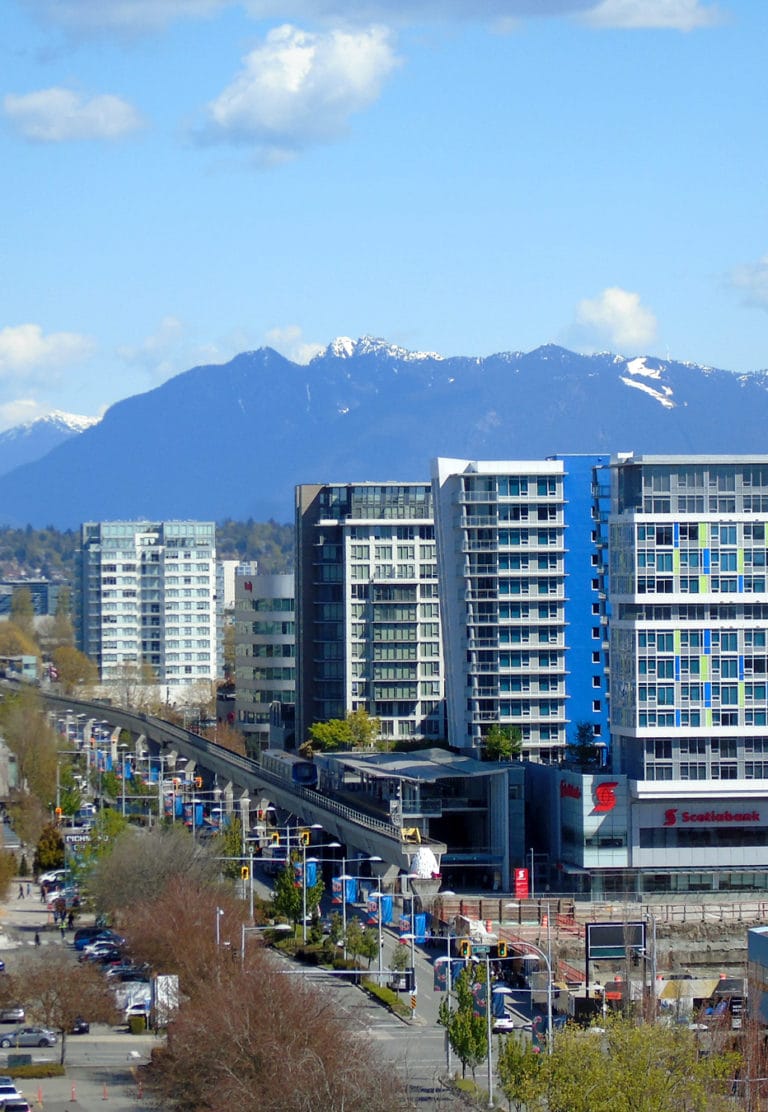
Owner Responsibility & Liability
In British Columbia, the Fire Code establishes a crucial framework for ensuring life safety within buildings, emphasizing owner responsibility and liability—the B.C. Fire Code delineates explicit guidelines and obligations that building owners must obey to safeguard occupants from fire hazards and emergencies.
Owners must implement and maintain fire safety measures, including installing and maintaining fire detection systems, emergency exits, and firefighting equipment. Compliance with these regulations is essential for preventing and mitigating potential risks to life and property.
British Columbia Fire Code (2018)
Division C – Administrative Provisions – Sec. 2.2 Administration
1) Unless otherwise specified, the owner or the owner’s authorized agent shall be responsible for carrying out the provisions of this (B.C. Fire) Code.
STRATA PROPERTY ACT
Repair and maintenance of property by strata corporation
8 The strata corporation must repair and maintain all of the following:
- common assets of the strata corporation;
- common property that has not been designated as limited common property:
- limited common property, but the duty to repair and maintain it is restricted to:
(i) repair and maintenance that in the ordinary course of events occurs less often than once a year, and
(ii) the following, no matter how often the repair or maintenance ordinarily occurs:
- the structure of a building:
- the exterior of a building:
- chimneys, stairs, balconies and other things attached to the exterior of a building:
- doors, windows and skylights on the exterior of a building or that front on the common property:
- fences, railings and similar structures that enclose patios, balconies and yards
While some forms of maintenance and repair can be temporarily or almost indefinitely postponed, such as painting, re-carpeting, or Depreciation Reports, Fire Alarm System inspection, testing, maintenance, and repair are legally mandated by the B.C. Fire Code.
All systems and equipment in the building must be inspected and tested on a regular, ongoing basis and, at minimum, monthly and annually as per the Code and its referenced documents. Despite many people’s belief that it is the responsibility of the local fire department to ensure that all safety requirements are met in buildings, the onus falls squarely on the shoulders of the Owners.
- Check – means a visual observation to ensure that devices or systems are in place and no apparent damage or obstructions to proper operation exist.
- Inspect – means a physical examination to determine that the devices or systems will perform their intended function.
- Test – means the operation of the devices or systems to ensure that they will perform in accordance with their intended operating functions. It is generally required to have a certified system technician perform tests.
Most inspections are generally quick checks to ensure that the particular system is operational and does not need service. Some inspections do not require a high degree of technical knowledge of the particular system but rather the ability to check for a specific problem and have it corrected.
Semi-annual and Annual Inspection, Testing and Maintenance procedures generally involve technical procedures and will be performed by qualified individuals or private contractors specializing in the field. Contractors may perform their own unique inspection and testing procedures; however, their methods and records must meet the requirements set by the B.C.


The B.C. Fire Code Regulations are under the Fire Services Act and require that emergency planning and fire safety planning be done in all buildings with a fire alarm system.
Councils have vested interests in promoting fire safety. The Fire Safety Plan is crucial for residents and public safety; it is much more than a template document produced to meet a regulatory requirement.
The council is responsible for implementing all aspects of the Fire Safety Plan, keeping it current and applicable, and ensuring your residents and employees are well-trained in its expectations.
However, this raises another concern regarding appointing fire safety directors and deputy directors within the fire safety plan.
The B.C. Fire Code dictates that:
2.8.1.2. Training of Supervisory Staff
1) Supervisory staff shall be trained in the fire emergency procedures described in the fire safety plan before they are given any responsibility for fire safety.
The building owner appoints the Fire Safety Director in writing. The F.S.D. does not have to be in the building continuously; however, the F.S.D. should be available to respond to the building upon notification of a fire emergency to assist as described in this plan.
If the F.S.D. is unavailable, a Deputy Fire Safety Director should be available to perform the obligations of the absent director.
Fire Safety Director Responsibilities
- Administering and maintaining the Fire Safety Plan. This should include:
- Updating the plan annually and when alterations are made to the building, as per 2.8.2.1. (2) of the British Columbia Fire Code.
- Training of Deputy Fire Safety Directors
- Recording information on the following:
- Fire incidents
- False alarms
- Fire drills
- Discharge or operation of fire equipment
- Training periods
- Name, location, and persons requiring assistance and their volunteer assistants (specify assistance required).
- Minutes of fire safety meetings (if applicable).
- Ensuring that fire protection systems are inspected, maintained, and serviced in accordance with the plan and the fire code, and where an inspection, maintenance, or testing procedure is beyond in-house capabilities, it is their responsibility to have qualified personnel complete the procedure.
- Ensuring that additional precautions are taken to offset the hazard to occupants where fire protection systems are inoperable.
This should include:
- Checking the fire safety plan and fire code when fire systems are in need of repair.
- Advising the fire department of the system status.
- Instituting a fire watch when the fire protection system will be inoperable.
- Ensuring that building maintenance, alteration or renovation does not expose the building or occupants to undue hazards, and precautions are taken to ensure building and occupant safety.
This should include:
- Checking the fire safety plan and the fire code when such activities take place to ensure that they meet requirements of the fire safety plan and fire code regulations.
- Ensuring that supervisory Staff are available to respond to the premises in the event of notification of an emergency.
This should include:
- Notifying the Deputy Fire Safety Director when they will not be available.
- Providing information to occupants on general fire safety and evacuation procedures.
This should include:
- Providing new occupants with Part 3 (Occupant Fire Prevention, Preparedness, & Control) of the plan.
- Notifying occupants whenever the Fire Safety Director, or Deputy Fire Safety Director changes.
- Resolving any fire hazards which are reported by occupants, guests or the fire department.
- Maintaining familiarity with the building’s fire protection systems.
- Familiarity with fire regulations.
This should include:
- Obtaining and reviewing a copy of the B.C. Fire Code.
- Ensuring that the electrical rooms are not used for storage.
- Ensuring that established policies are adhered to.
- Retaining copies of all fire alarm monthly and annual testing and any repair reports in the Appendix
- Considering other emergency situations which could affect the building such as earthquakes, or natural gas leaks.
- Notifying the alarm monitoring station when the emergency contacts change (when applicable).
It is the responsibility of the Owner, Agent, &/or Manager of the premises to ensure the safety of the occupants.


